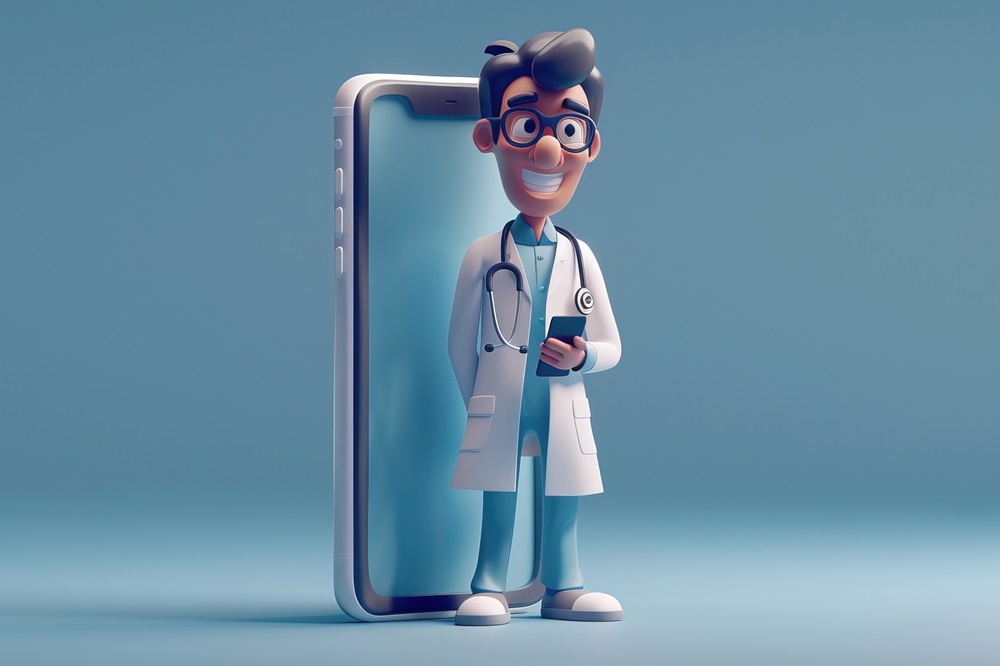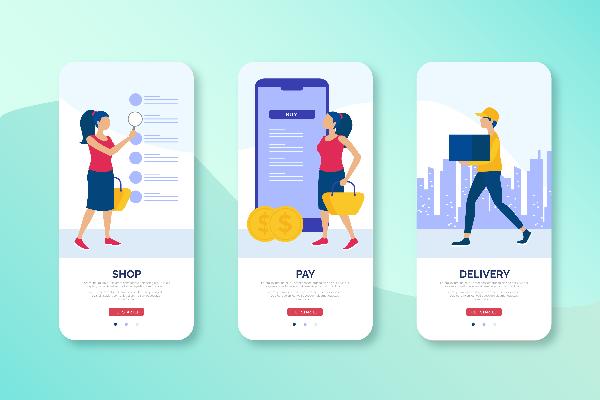Innovations in Healthcare Technology: How Apps Are Transforming Patient Care in Saudi Arabia

Strong 8k brings an ultra-HD IPTV experience to your living room and your pocket.
The healthcare industry in Saudi Arabia is rapidly advancing, one of the main reasons being the government’s Vision 2030 initiative which plays a major role in this transformation. This strategic program is aimed at shifting the economic reliance solely from oil to other industries including healthcare. Thus, it has significantly improved the country’s healthcare accessibility, emergency responses, infrastructure and overall quality of care. The approaches adopted for this health sector transformation program consists of digital health innovations and workforce empowerment with significant focus on public health.
Thus, businesses and organizations ranging from startups to established enterprises are encouraged to adopt innovative technologies brought by this digitalization. They are building inhouse teams or hiring experts from the best healthcare app development company to build powerful apps for telemedicine, virtual appointment, and AR/VR for medical education.
Below is detailed information on how the most advanced technologies are radically shaping the healthcare landscape and patient-care in Saudi Arabia. Read on.
Technological Innovation in the Healthcare Industry in Saudi Arabia
The digital transformation of the healthcare industry in Saudi Arabia has led to the enhancement of technological innovations. This can be broadly divided into four categories.
Advanced technologies
The integration of advanced technologies like AI, IoT, and cloud are producing various innovations for the healthcare industry. For example, AI-driven diagnostics analyzes medical images like X-rays, MRIs, and ultrasounds with the help of AI algorithms. This assists healthcare providers in diagnosing diseases more accurately and quickly. Other innovations like telemedicine and IoT-enabled devices transform patient experiences, offer precision in diagnoses, and expand access to quality care.
Enhanced medical research
It can be said confidently that the country gives value to medical research. From genomics to precision medicine, ongoing research initiatives are empowering advancements in disease prevention and customized therapies. The Saudi genome program is one such example. It is an initiative taken to reduce the occurrence of genetic diseases. Under this, the genomes of 100,000 Saudi Arabians are sequenced to study the underlying basis of rare genetic diseases.
Patient-care with virtual platforms
Saudi Arabia is continuing to invest in virtual health platforms while prioritizing patient-centric care. For example, the EHRs (electronic health records) record and provide a comprehensive view of a patient's medical history. It facilitates and simplifies data sharing between the patient and healthcare providers. Thus, these healthcare innovations in the country are easing doctor-patient interactions and medical record management, ensuring seamless access to healthcare services.
Sustainable infrastructure for healthcare
The country is also focusing on building sustainable healthcare infrastructure. Smart hospitals and eco-friendly facilities are a few examples that optimize resource utilization. They also prioritize environmental sustainability in the delivery of healthcare services. They are also implementing proper waste segregation and disposal practices that can minimize the environmental risks associated with medical waste.
How are Healthcare Apps Transforming Patient Care
The global healthcare app market is projected to grow from $36.68 billion in 2024 to $88.70 billion by 2032. This global surge is affecting Saudi Arabia too as healthcare apps have streamlined processes and enhanced the efficiency of patient care. Here is a list of popular applications that are transforming the healthcare facilities:
Remote monitoring apps
Remote monitoring apps provide real-time tracking of the patients’ health. These apps can be integrated with wearable devices like wristbands and skin patches that allow doctors to remotely monitor vital signs such as heart rate, blood pressure, and glucose levels. Hospitals and clinics deploy hardware and software of tracking systems through which data is collected and stored. They thereby offer remote monitoring platforms to their patients particularly for the benefit of chronically ill, immobile, and senior patients. These apps can also benefit patients, as they can stay informed about their own health records.
Clinical diagnostic apps
Clinical healthcare apps enable healthcare providers to quickly access medical guidelines and protocols for diagnosis. These apps also offer innovative tools for diagnosis like medical calculators, drug information, and evidence-based references. It helps in making informed decisions regarding dosage, effects, and safety guidelines. In addition, doctors gain easy access to patient information which saves time and reduces stress for the healthcare provider.
Teleconsultation and prescription apps
Teleconsultation and prescription apps provide easy access to expert medical advice through video consultation. These apps break down the geographical barriers between patient and healthcare providers. For example, these apps have an integrated prescription feature that can electronically prescribe medications directly to pharmacies. This feature streamlines the medication dispensation process and reduces the risk of errors that can occur with manual prescriptions.
Communication and collaboration apps
Doctors need close collaboration, second opinions, and discussions as patient care evolves and medicine advances. Physicians and doctors can contact other specialists and experts over these apps for information about rare diseases, clearing doubts in case of complications regarding interpretations of scans and images. Moreover, these healthcare apps ensure that patient privacy is secure.
Learning and training apps
Learning and training apps contain step-by-step guides on procedures, diagnosis, and possibilities. They also have videos of medical examinations and procedures. There are many free learning apps that provide information about specific areas of medical studies and research. Students and professionals are immensely benefited with these applications.
Lab information apps
Lab information apps contain results of laboratory tests and scans, these can be instantly accessed by physicians. Due to the easy access of this app, it ensures that they can take action as soon as an abnormality takes place. These apps have features like advanced lab interpretation tools that present symptoms, test purpose, high and low-value explanations, associated symptoms, and next steps.
Conclusion
The advanced technologies are transforming the healthcare industry in Saudi Arabia by building innovations like mobile and web applications. These apps boost the accessibility, efficiency, and quality of healthcare services. The healthcare professionals and institutions who are seeking to leverage these apps can benefit from a reliable healthcare app development company in Saudi Arabia. As the country continues to embrace these technological innovations, its healthcare and patient care is expected to become a model of excellence and innovation for the industry.
Note: IndiBlogHub features both user-submitted and editorial content. We do not verify third-party contributions. Read our Disclaimer and Privacy Policyfor details.



